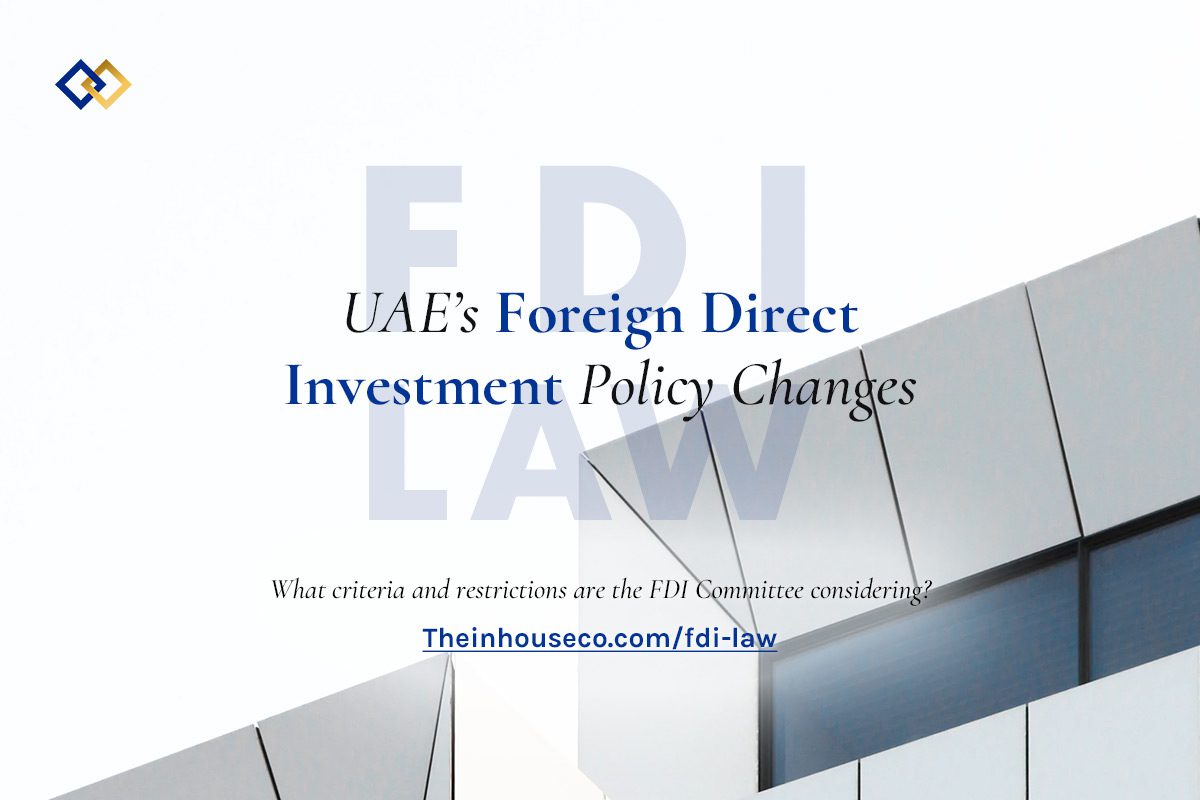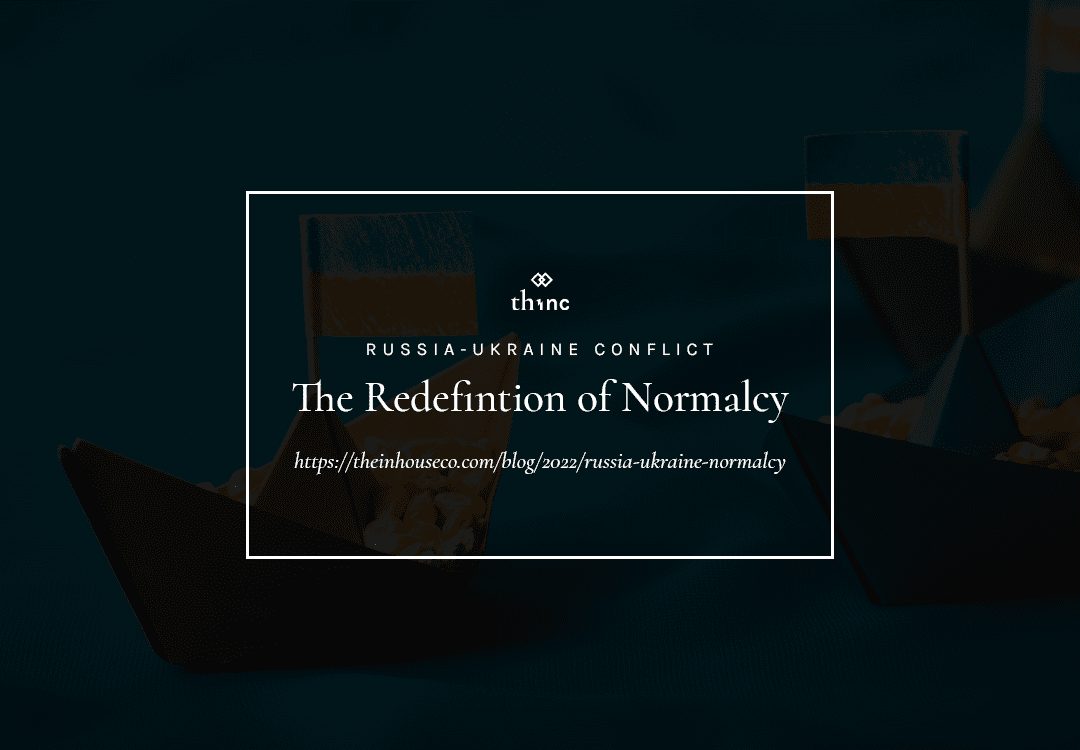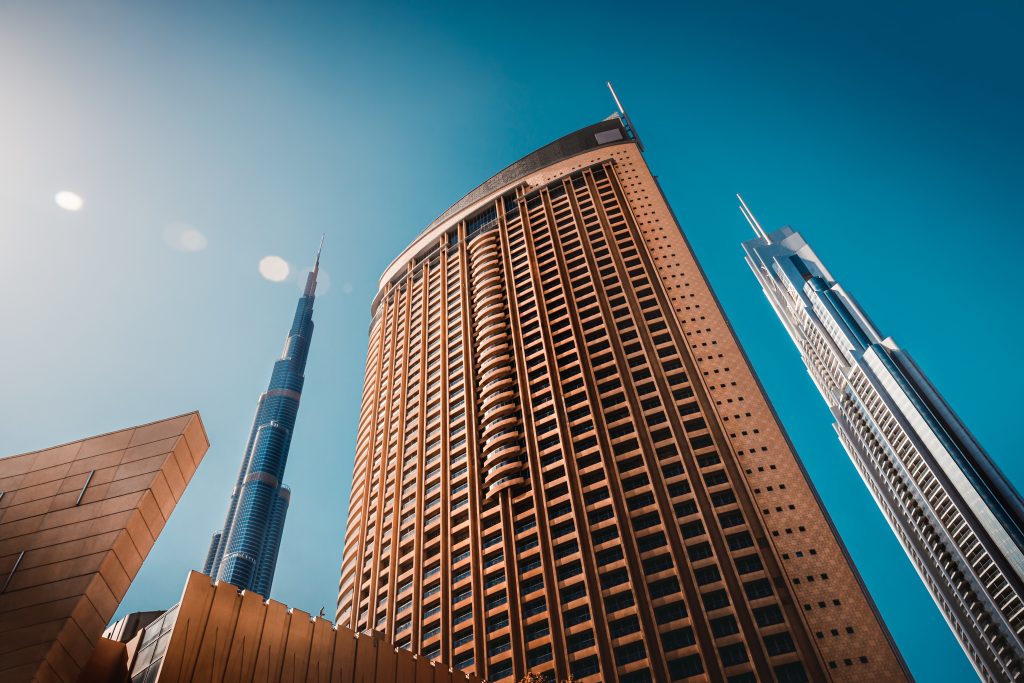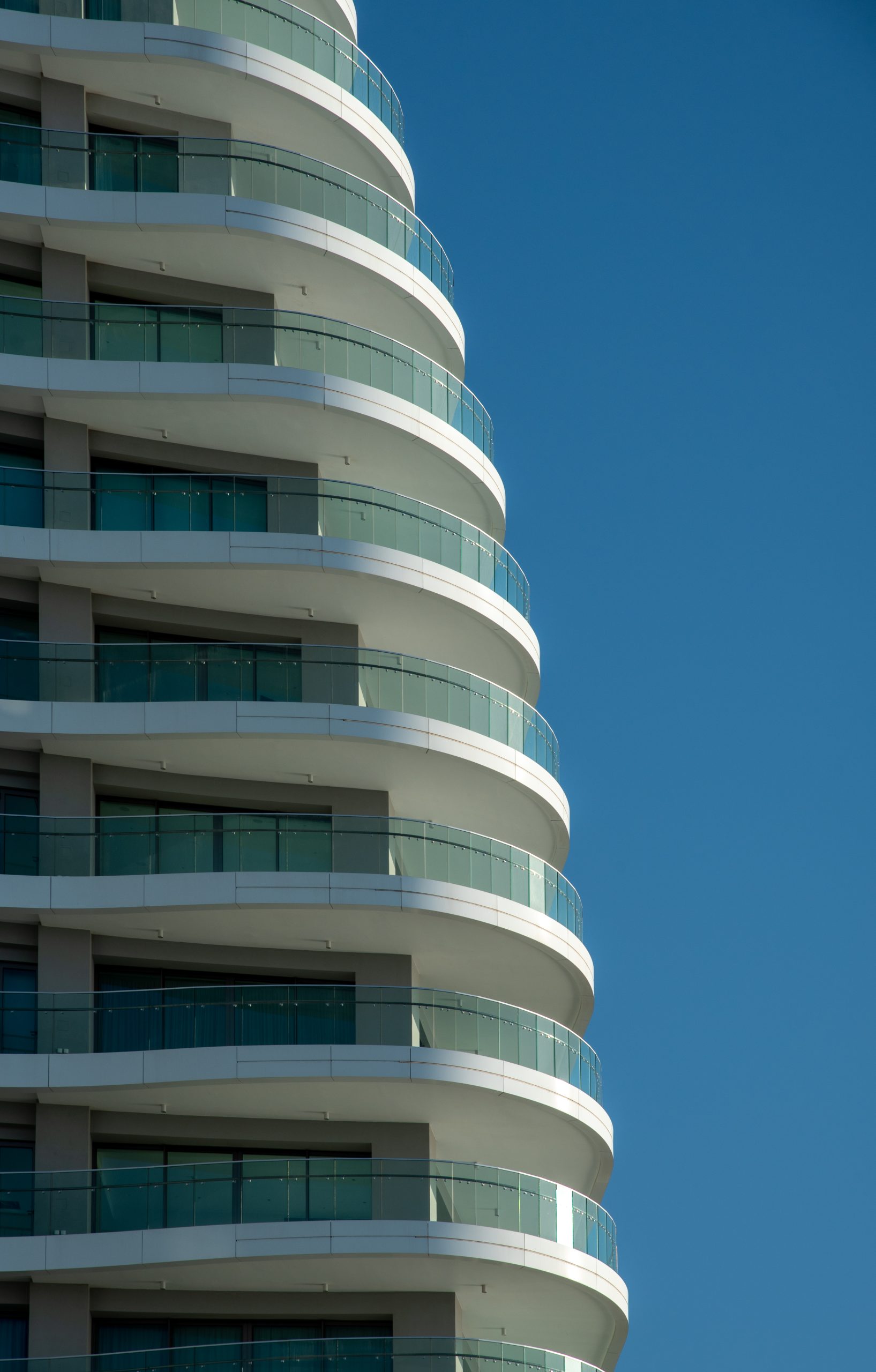Setting up of a local limited liability entity in the UAE, commonly known as the LLC, allows the foreign shareholder or investor to hold only up to 49% of its equity. The balance 51% must be owned by a UAE national or a UAE national owned entity. The inability to own the majority of their local businesses, caused many foreign companies to look a free zones in the UAE to invest into or alternatively appoint a local distributor but this was far from ideal if the company wanted to carry out for onshore activities such as retail, for example.
The UAE was cognisant of this and took steps to liberalise its foreign ownership restrictions under the UAE Commercial Companies Law (Federal Law No. 2 of 2015). Aiming to promote and further develop the UAE’s investment environment, the Cabinet introduced the Foreign Direct Investment Law (Federal Law No. 19 of 2018) (FDI Law) which facilitated foreign ownership by allowing certain approved companies to have more than 49 per cent of foreign shares.[1] Three main categories of companies would be permitted substantial foreign ownership; those which fall into the positive list and negative list.
The FDI Law established a framework for the UAE Cabinet to permit foreign shareholders to own increased levels of ownership in companies in specific sectors. These specific sectors were to be identified by the two established governmental bodies; the Foreign Direct Investment Unit (FDI Unit) and the Foreign Direct Investment Committee (FDI Committee). The FDI Unit has various administrative responsibilities, mainly proposing FDI policies, priorities and programmes, building a base of investment data and information, and facilitating registration and licensing procedures for FDI projects.[2]
Positive List
Under the FDI Law, the FDI Committee is tasked with creating a “positive list” which sets out the sectors which more than 49 per cent of foreign ownership will be permitted, while the local emirates’ governments shall determine the exact percentage of foreign ownership[3]. However it is only very recently that some of these sectors (122 activities across 13 sectors) were clarified. These are[4]:
- Transport and storage;
- Agriculture;
- Space;
- Manufacturing industry;
- Renewable energy;
- Hospitality and food services;
- Information and communication;
- Professional, scientific and technical activities;
- Administrative and support services;
- Educational activities;
- Healthcare;
- Art and entertainment; and
- Construction.
While determining such sectors, the FDI Committee is required to take into account the following criteria:
- integration with strategic plans of the UAE;
- achieving the best profit and added value to the UAE economy;
- raising innovation and providing job opportunities and training for UAE nationals;
- limiting negative effects on incumbent UAE companies that conduct a similar activity;
- the foreign investor’s level of competency, expertise and international renown;
- the best use of modern technology; and
- achieving a positive impact on the environment.
The FDI Committee may also impose restrictions before the investors applying for the increased levels of foreign ownership, for example:[5]
- the actual level of permitted foreign ownership in the relevant sector;
- a minimum capital requirement of the foreign investment company;
- the form of legal entity that may carry on an activity in the positive list;
- a requirement that such approvals are limited to one or more specific Emirates; and
- an Emiratisation requirement (specifying the minimum percentage of UAE nationals required to be employed in the relevant sector).
Negative List
The FDI Law permits a majority foreign ownership in onshore companies which do not appear in “Negative List”. The UAE Cabinet may add or remove sectors from the Negative List at its discretion from time to time. These restricted sectors are:[6]
- banking and financing;
- blood banks, quarantines and venom/poison banks;
- commercial agencies;
- fishing;
- insurance;
- investigation, security, military, weapons manufacturing;
- medical retail (including pharmacies);
- oil exploration and production;
- pilgrimage and umrah services;
- postal, telecommunication and other audio visual services;
- printing and publishing;
- recruitment activities;
- road and air transport; and
- water and electricity services.
Sectors not appearing on the positive or negative lists would presumably have to apply for permission to have a higher level of foreign investment. The FDI Law sets out the process to be followed in event of such application.
It is evident that the UAE is becoming significantly more liberal and open to foreign investment in efforts to attract more investment and advancement in specific sectors. The growth of foreign investment in the UAE is evident below with an inward flow of 10 billion, and an outward flow of 14 billion USD. Thus, this decision to allow for a higher foreign ownership is bound to provide lucrative rewards[7]:
This decision is in line with the government’s efforts to diversify UAE’s economy and give a much needed impetus to incoming investments. There is still uncertainty surrounding the practicality of this decision as the complete positive list is yet to be published.
We at THINC are constantly monitoring updates in
this area and will issue further notifications on any advancements.
[1] https://bsabh.com/the-uae-foreign-direct-investment-law/
[2] http://www.wfw.com/wp-content/uploads/2018/11/WFWBriefing-UAE-Foreign-Direct-Investment-Law.pdf
[3] http://www.arabnews.com/node/1519486
[4] https://bsabh.com/100-foreign-ownership-for-13-sectors-in-the-uae/
[5] https://www.clydeco.com/insight/article/new-uae-foreign-direct-investment-law
[6] Article 7 of the Foreign Direct Investment Law (Federal Law No. 19 of 2018)
[7] https://www.economy.gov.ae/english/Knowledge-Section/TradeRelations/Pages/uae-investment-map.aspx



















